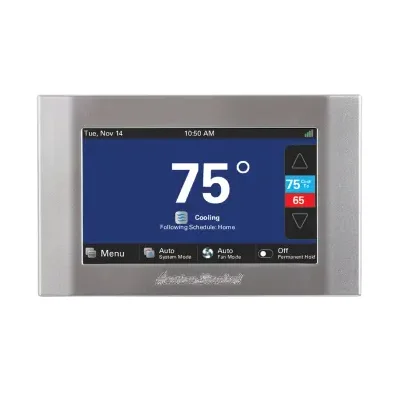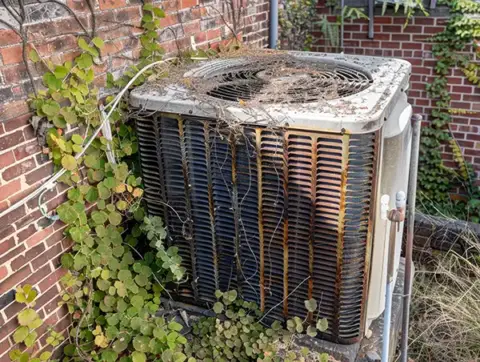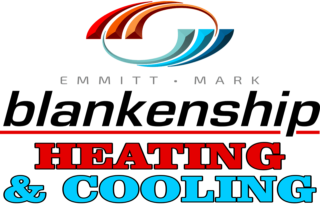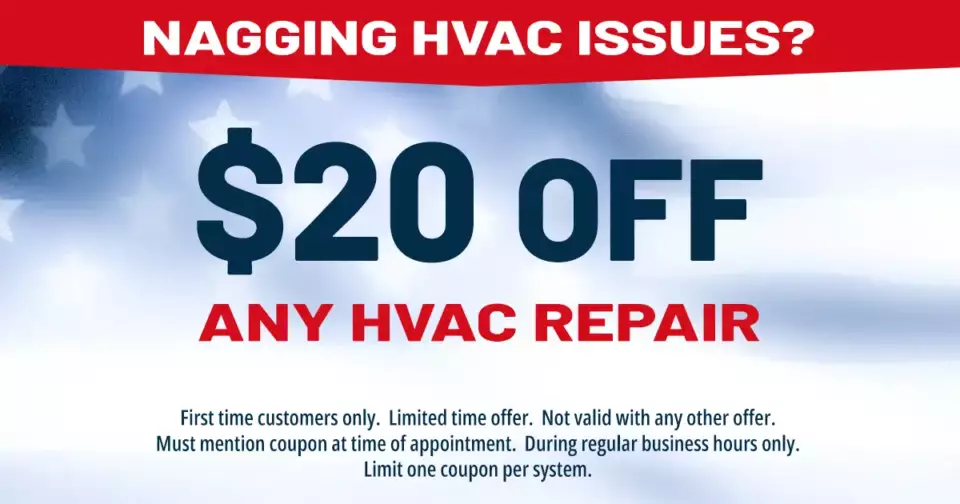School is out for the summer, June is ushering in the summer heat, and it’s time to start thinking about the health of your air conditioner. Ensuring your HVAC system is ready to handle the rising temperatures is crucial for maintaining comfort and efficiency in your home.
Summertime means your air conditioner will be working overtime, and the last thing you want is for it to break down during a heatwave. Today, we are going to look at some essential dos and don’ts to help you maintain and optimize your HVAC system.
Schedule Regular Maintenance
One of the most important steps you can take to prepare your HVAC system for summer is to schedule routine, preventive maintenance. A biannual tune-up acts as a safety net against future breakdowns. During a maintenance check, Blankenship Heating & Air will:
- Tighten electrical components
- Clean condensate lines
- Clean outdoor and indoor coils
- Lubricate necessary parts
- Change air filters
Regular maintenance prevents costly repairs and ensures your system operates efficiently. It also helps keep your manufacturer’s warranty valid, which can be a lifesaver if a critical component fails during the warranty period.
Don’t Delay Repairs
Sometimes, during routine maintenance, our technician will recommend repairs. It is always your best course of action to address those issues immediately.
Delaying repairs can lead to more severe and costly issues down the line. To keep your system running efficiently, you should promptly resolve common problems like clogged lines, dirty filters, and low refrigerant levels.
Upgrade Your Thermostat

Upgrading to a smart thermostat can significantly reduce wear and tear on your air conditioner. These advanced devices offer precise control over your home’s temperature, allowing you to set schedules and adjust settings remotely through your smartphone.
By automating the cycles, your air conditioner operates only when needed, which minimizes unnecessary strain. Additionally, smart thermostats learn your preferences over time and can make automatic adjustments to optimize energy use, further reducing the workload on your HVAC system.
An Energy Star®-certified thermostat is a great choice, and we can even help you set cooling times that align with your daily schedule. You might also benefit from reduced electricity rates during off-peak hours in some areas. Energy savings estimates range from 12% to more than 20% annually.
Don’t Frequently Adjust the Thermostat
Constantly adjusting your thermostat can lead to repeated start-up and shutdown cycles, which cause unnecessary wear and tear on your system. It’s best to set your thermostat to a comfortable temperature and leave it there. This practice helps your system maintain a consistent temperature more efficiently.
Change Air Filters Regularly
To maintain good airflow and air quality, you must change your air filters every 1-3 months. Clogged filters force your HVAC system to work harder, reducing efficiency and potentially leading to breakdowns.
Regularly changing filters helps keep your system running smoothly and improves indoor air quality by trapping airborne pollutants.
Don’t Use Extremely Restrictive Air Filters
While highly restrictive air filters can remove many contaminants, they can also choke airflow and make your unit work harder. This increased strain can lead to inefficiency and potential breakdowns.
It’s important to choose the right filter for your HVAC system. During your tune-up, ask your technician for recommendations on the best filter for your HVAC unit.

Clean and Clear Debris
Another commonly ignored step is keeping your HVAC system free of debris. Ensure the area around your outdoor condenser unit is clear of leaves, twigs, and other obstructions.
Inside your home, make sure vents are not blocked by furniture or other items. Obstructed airflow can force your system to run longer, increasing wear and tear.
Don’t Forget to Check for Pests
Pests like rodents and insects can cause significant damage to your HVAC system.
Inspect the outdoor unit for signs of pest activity, and if you find any, contact a professional pest control service. Also, check the interior of your air conditioner to ensure no pests have made their way inside.
Consider High-Efficiency Equipment Upgrades
If your HVAC equipment is nearing the end of its life, consider upgrading to a high-efficiency system this summer.
Modern systems are more energy-efficient and provide better performance, helping you save on energy costs and avoid the hassle of unexpected breakdowns. While upgrading can be an investment, it pays off in the long run with lower utility bills and improved comfort.
Don’t Neglect Your Air Ducts
Clean air ducts are essential for the health and efficiency of your HVAC system. Over time, pollen, dust, and other airborne pollutants can accumulate in your ducts, affecting indoor air quality and system performance. Signs that your air ducts need cleaning include:
- Visible mold growth inside the ducts or on other HVAC components
- Dust and debris blowing out of vents
- Recent home renovations that generated dust
Maintaining clean air ducts helps ensure your system runs efficiently and provides healthy air for your home.
Final Thoughts
By following these dos and don’ts, you can ensure your air conditioning system is ready to handle the Tennessee summer. Regular maintenance, timely repairs, and thoughtful upgrades can save money and prevent unexpected breakdowns.
As always, your friends at Blankenship Heating & Cooling are here to lend a helping hand. Schedule a professional HVAC tune-up today by calling us at (731) 733-3333 and follow these tips to keep your home cool and comfortable all summer.




